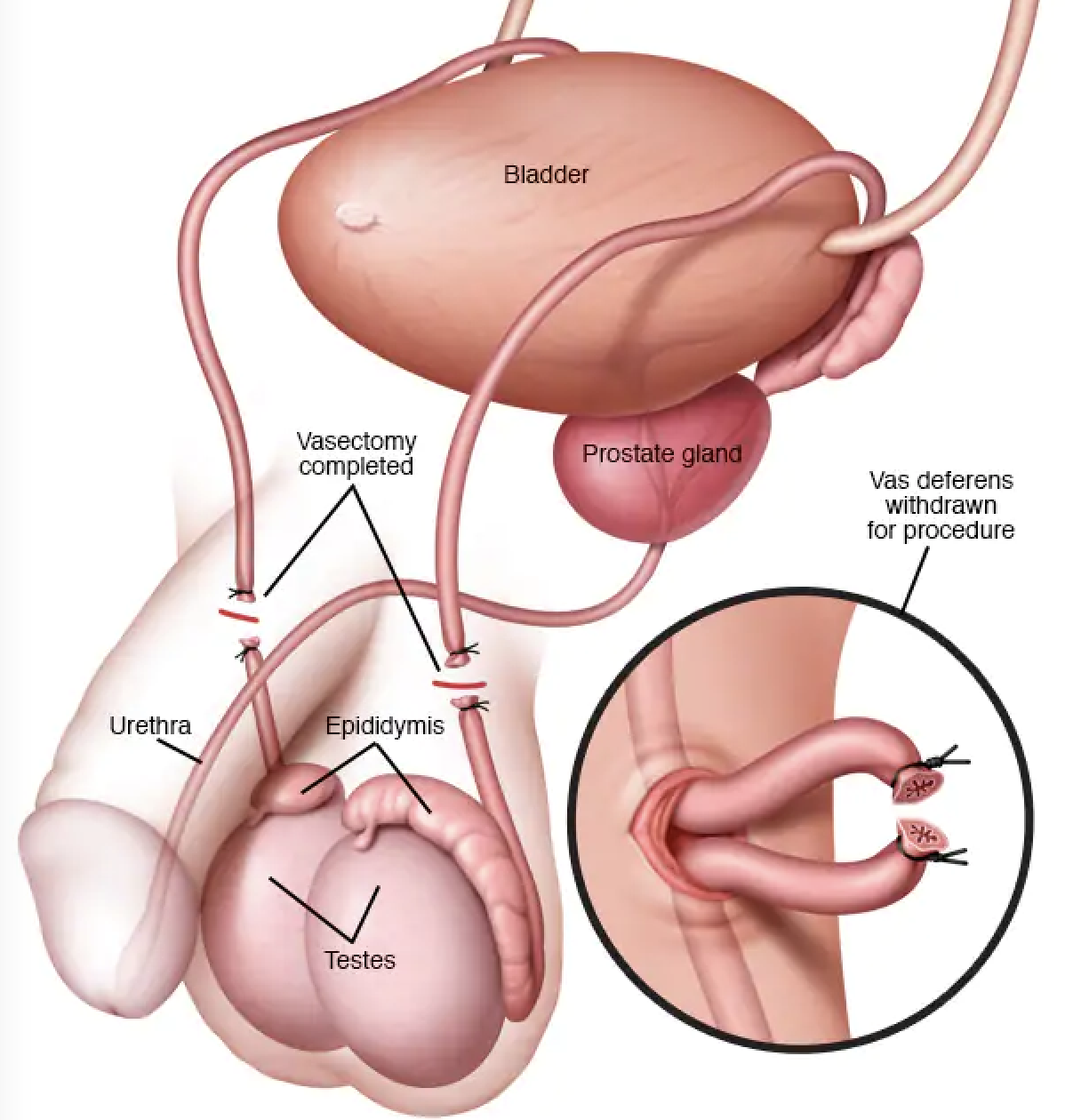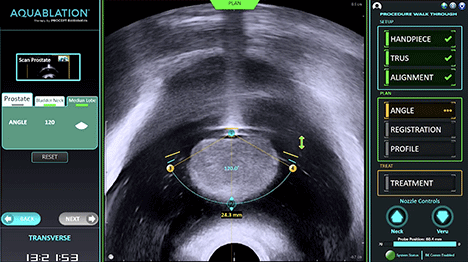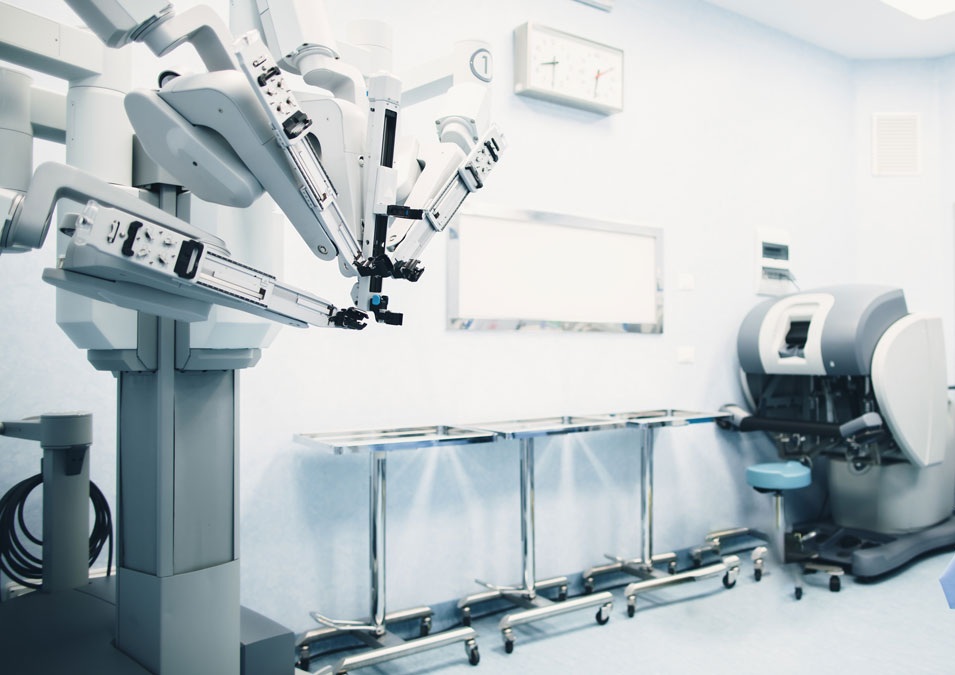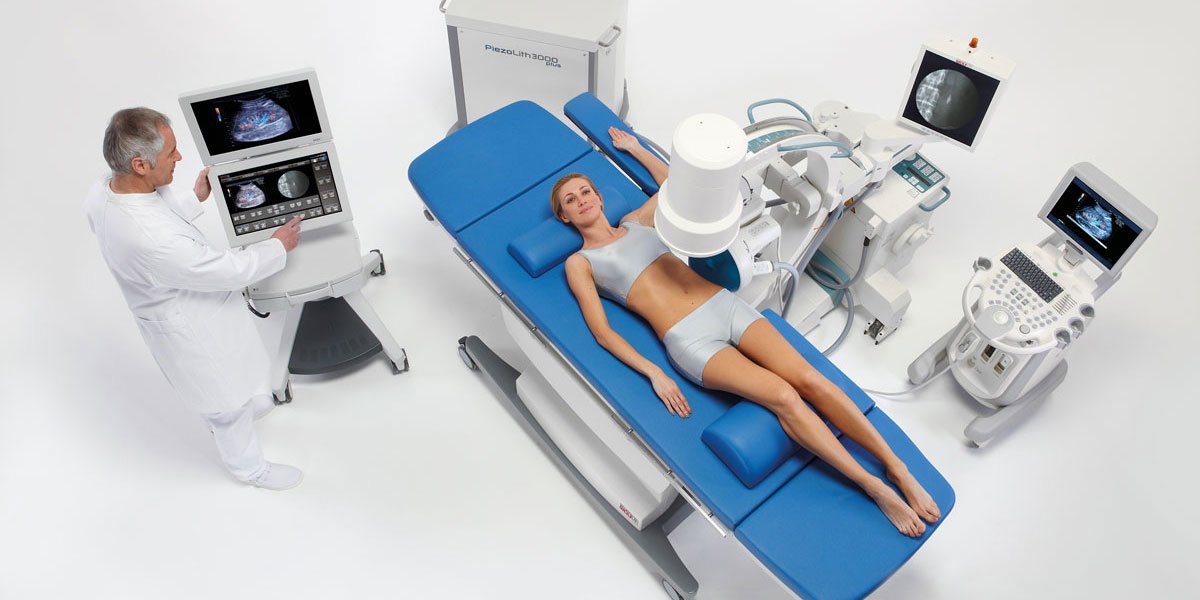
“We are committed to giving our patients the best and the most innovative urologic treatments available.”
Conditions
General Urology
Hematuria (blood in the urine)
Kidney stone
Incontinence
Urinary Tract Infection
Womens Health
Incontinence
Overactive Bladder
Intersticial Cystitis
Pelvic Prolapse
Sexual dysfunction
Mens Health
Erectile dysfunction
Low Testosterone
Prostatitis
Enlarged Prostate (BPH)
Fertility
Urological Cancer
Prostate Cancer
Bladder Cancer
Kidney Cancer
Testicular Cancer
Penile Cancer
Treatments
Prostate enlargement (BPH)
Treatment includes the use of medications or the latest minimal invasive techniques such as Urolift, Rezum or Aquablation as alternatives to more traditional surgery.
Prostate cancer
Early detection is the most important factor in effective treatment. We specialize in diagnosing and treating prostate cancer using the latest diagnostic techniques, medications, radioactive implants, cryotherapy and surgery, including nerve-sparing Robotic Radical Prostatectomy.
Urinary stones
We offer both medical and surgical therapies for stone elimination including laser and shockwave lithotripsy. The evaluation and institution of measures to prevent future stones is also an important part of what we do.
Erectile Dysfunction
We evaluate the source of erection difficulties and are able to treat these problems using medications and non-surgical aids. When surgery is necessary it can usually be performed on an outpatient basis.
Incontinence
Many of our patients are successfully treated using conservative non-invasive techniques including computer assisted biofeedback, bladder retraining, behavioral modification medications, and Interstim Therapy. When conservative treatment has not been effective, a variety of alternatives, including minimally invasive procedures are available.
Vasectomy/vasectomy reversal
We utilize a no-needle, no-scalpel technique for doing vasectomies. This allows for a more simplified surgical technique which lowers patient fears and reduces pain. Our group specializes in vasectomy and vasectomy reversal services.
Testosterone Replacement
The primary goals of testosterone therapy are to mitigate the negative signs and symptoms of Testosterone deficiency and improve quality of life. The benefits of treatment may include improvements in sexual activity, sexual desire and erectile function. Monitoring is important after initiating testosterone therapy, for response to treatment and adverse events and this include PSA testing and a Prostate exam often best performed by a urologist.
Our Physicians
Patient Experiences
“Dr. Chacko is a skilled surgeon and will work with you to achieve your desired outcome. She is very good at what she does and cares very much about her patients”
“ Dr Hueber is an excellent urologist, who listens to you and makes you feel comfortable”
“Tom is excellent clinician, very thorough and I could not be happier with my urologic care”

Leading Treatments
Our Physicians are trained in the latest cutting edge treatments available and the most advanced techniques and minimally invasive procedure including Robotic Surgery Da Vinci and Robotic Aquablation.
Our Practice
Our practice is located in Santa Barbara and our office is the Goleta Valley Medical Medical Building. We offer Procedural services in Cottage Health Hospital Santa Barbara, Goleta Valley Cottage Hospital and Santa Barbara Surgery Center as well as Center for Specialized Surgery of Santa Barbara.



















